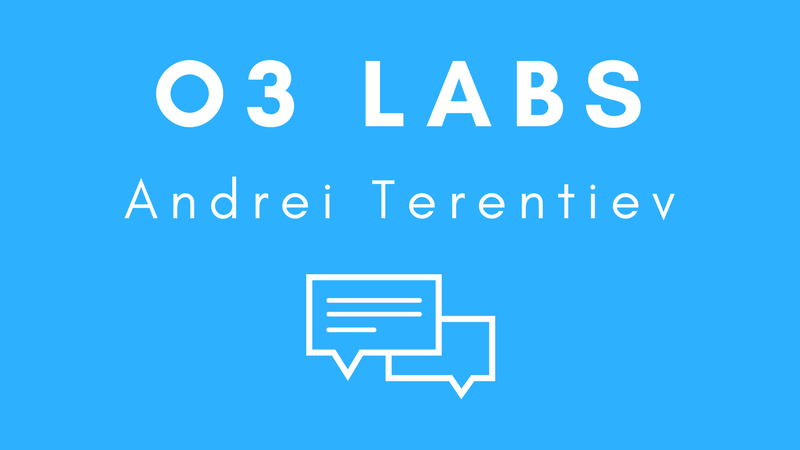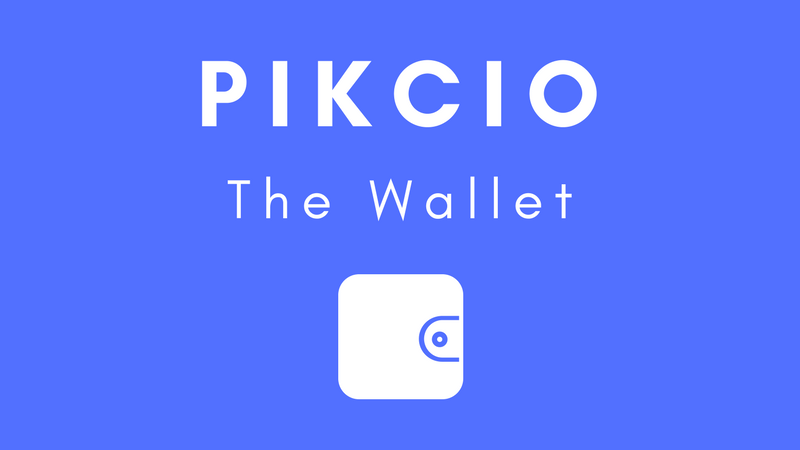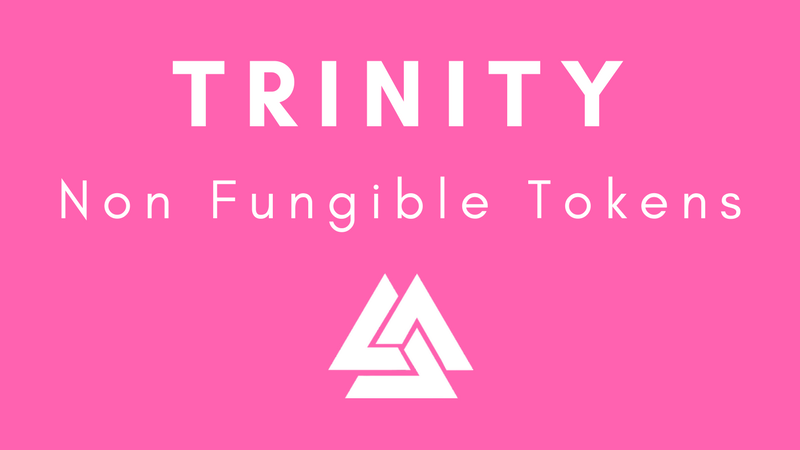
Andrei Terentiev graduated Stanford University in 2016 but already his career is as nuanced as someone who graduated ten years earlier. Phrases such as ‘traditional blockchain’ pepper his talk and comments referring to actions taken six months ago are mentioned as if in the very dark past. When teased about the depth of experience and relative recently time lapses in the past two years, Andrei acknowledges this both in terms of the speed of blockchain and the quickening career opportunities facing NEO aficionados. This is not surprising given Andrei’s position as one of the first Westerners to join the NEO community.
In college Andrei studied computer science. Blockchain had not made an appearance in course work – there was only one module which he missed – but once he secured his first post graduate job in Japan, he picked up the college textbook and taught himself.
His first employment was with a startup working on a private distributed ledger in the financial sector, He stayed there a year before moving to another startup in in peer to peer payments. It was here that he met Apisit Toompakdee who would go on to become his fellow co-founder of the first ever NEO mobile wallet.
The pair clicked immediately with a shared love of open source coding and a multicultural background. Andrei is Russian, brought up in America and working in Asia, while Apisit is from Thailand, working in Japan and also having lived in Ireland.
“I fell in love with Blockchain from the get go,” says Andrei. “I even tried to persuade my first startup to consider running their payments system on Ethereum –but that did not fly at all.”
Instead Andrei and Apisit began looking at open source projects when they stumbled over NEO. Being one of the first Westerners was an eye opener but as Andrei says: “I was used to hitting Google Translate a lot in the different Slack channels, this was just an extension of my work here in Japan.”
Andrei would advocate that anyone wanting to get involved with NEO should just to start working with the open source community. “I was entirely self-taught,” he says. “But people recognised the work that we were doing and so when we launched our wallet we had a lot of support.”
In his first startup, Andrei worked with Visa protocols. ‘It is surprising how old fashioned these are,” he says. “I thought there must be a more modern way to make payments.”
He left full time employment in December to set up O3 labs. He and Apisit had been working in all their spare time, after work in the evenings and every weekend. They launched the very first IOS mobile wallet the same month. “This was a great achievement and we were very excited,” he remembers. Until Apple decided to reject their app as it was deemed to be a cryptocurrency.
“It was bonkers,” he says. “We took to the community to try and force Apple to reverse its decision. Eventually we were successful and by late January the app was reinstated. But that was a scary six weeks.”
Again, impressed by the work, business plan, MVP and vision demonstrated by the two founders and their new company, O3 Labs, the NEO Council stepped in to provide sponsorship.
This came via a series of serendipitous coincidences. Andrei had gone home for a month to work in the Bay Area of San Francisco. He popped into a NEO meetup and met Da Hongfei. He had already seen the wallet and was impressed. A week later Apisit bumped into Da Hongfei at a meetup in Tokyo.
“We were not asking for crazy money,” says Andrei. “We had already demonstrated that we were committed to NEO in all our volunteer work so it was fabulous that this was rewarded. We hope to grow the team the five in the next six months.”
Their active role on the City of Zion community also landed then with good plaudits. “Again we were not looking for crazy money, just enough,” stresses Andrei.
The O3 Wallet also has a news feed – from this very publication. “It’s a good fit,” says Andrei. “Neo News Today has proven itself to be a candid, credible news service catering for the NEO community.”
In fact, Andrei considers this publication to the gold standard of news on NEO. “NNT uses primary sources, stays away from shilling and likes to be unbiased in its reporting.”
When questioned about how he views the NEO community, Andrei divides it into four distinct groups. There are the founders, the developers building products on the platform, developers maintaining the platform and finally the investors according to him.
“But it is now well and truly global,” he says. “The rebranding helps of course – that pushed it from being a pure Chinese play to an international audience – although there are still polarised into Western and Asian groupings.”
Andrei refuses to be drawn on how many downloads they have achieved currently but he is confident he will attract the NEO community. After all, once he and his business partner had demonstrated their commitment to the platform, the community was bound to follow.
As it says on his bio on his website: “Blockchain is love, Blockchain is life”
For more information on O3 you can visit their website – o3.network







About The Author: Contributor
More posts by Contributor